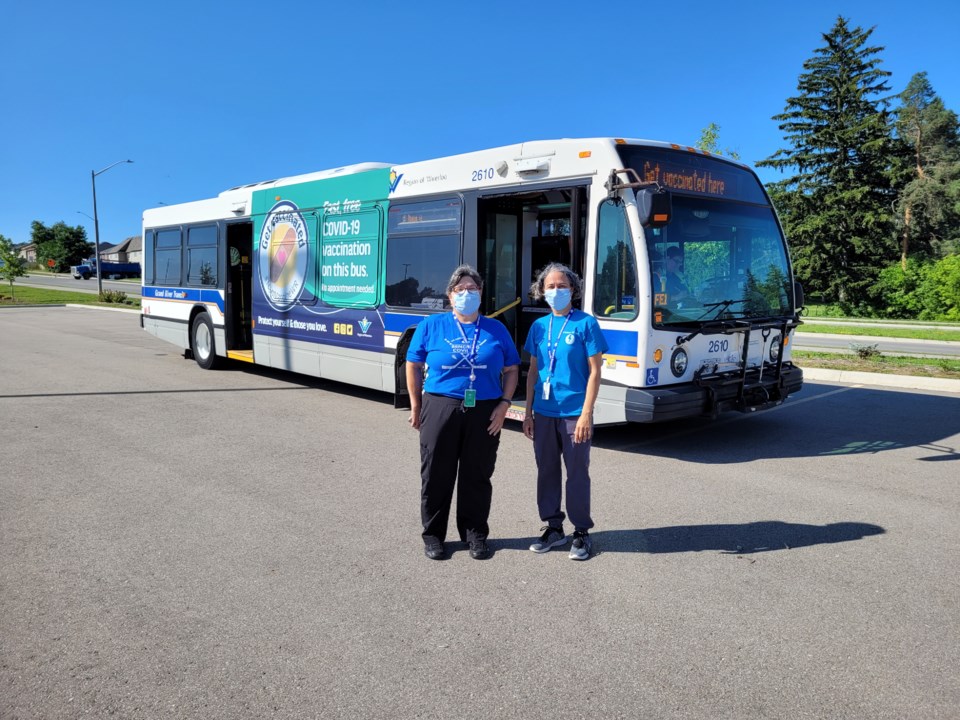The region’s top doctor says the sixth wave is plateauing locally and may be peaking according to recent wastewater signals and other indicators like hospitalizations and outbreaks.
“If we are indeed peaking, unless a new variant emerges, we should be seeing decreasing trends in the following four to six weeks,” Dr. Hsiu-Li Wang told regional councillors during a Board of Health update Wednesday.
The decline in the number of hospitalizations has allowed the province to transition from mask requirements to recommendations except in high risk settings where requirements will remain in place until June, she said.
Antiviral treatments are also a greater factor in allowing for the return to normal and Wang said Ontario should be receiving its initial doses of the monoclonal antibodies over the next few weeks.
Anti-SARS-CoV-2 monoclonal antibodies target the spike protein on the virus and have been shown to have clinical benefit in treating the infection.
Initial supply will be targeted to highest risk patients, Wang said, urging residents to continue to deploy multiple layers of protection, like mask wearing, social distancing, vaccination, ventilation and sanitizing hands and surfaces.
Known as the “Swiss cheese model,” it recognizes that no individual layer is perfect, but together they close the gaps that lead to infection, she said.
“Although there is uncertainty about how the virus will evolve, we should expect new variants and new waves,” Wang cautioned. “We will need to maintain and strengthen as needed our walls of defence.”
Although the overall consensus among the province's chief medical officers of health is we’re still in the pandemic, at this point in time it doesn’t require emergency measures or significant societal disruption to manage its impact on the healthcare system, she said.
This is due mainly to the community immunity we’ve built up through immunization and infection.
Maintaining this will require everyone to continue following public health guidelines, Wang said.
The region’s vaccine coordinator David Aoki said 89 per cent of all eligible residents five years and older have received at least a single dose and 86 per cent have received two doses. The region has administered just over 9,400 fourth doses so far, he added.
Fixed site clinics in Cambridge operate at 99 Beechwood Road on Saturday, Sunday and Monday and at 30 Christopher Drive on Tuesday, Wednesday, Saturday and Sunday.
After school drop ins still operate as well, but anyone who still needs a vaccine is encouraged to reach out to their family physician or pharmacist.
Emphasis on mobile vaccination clinics will continue in certain neighbourhoods where access to the vaccine is limited, Aoki said.



